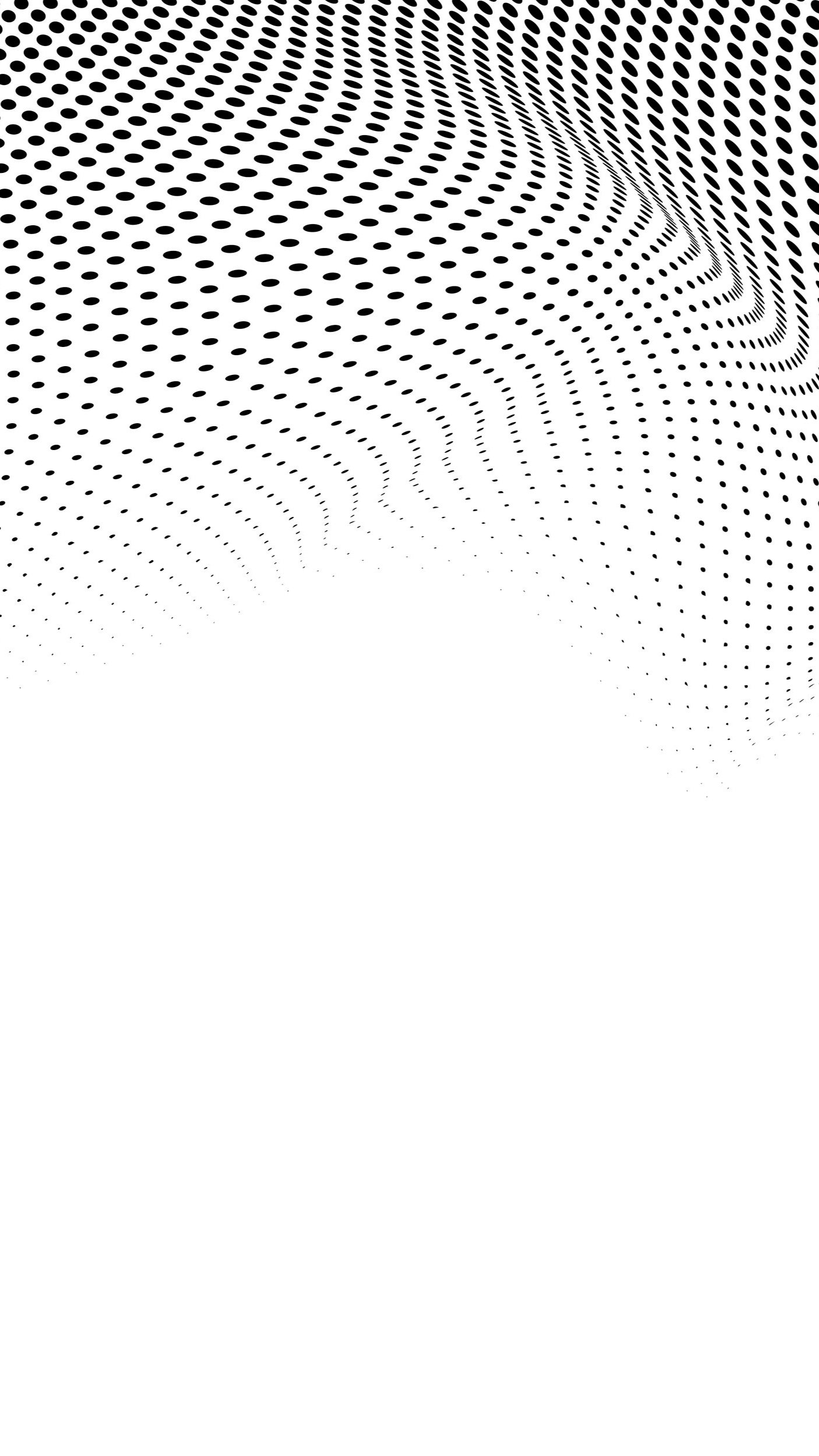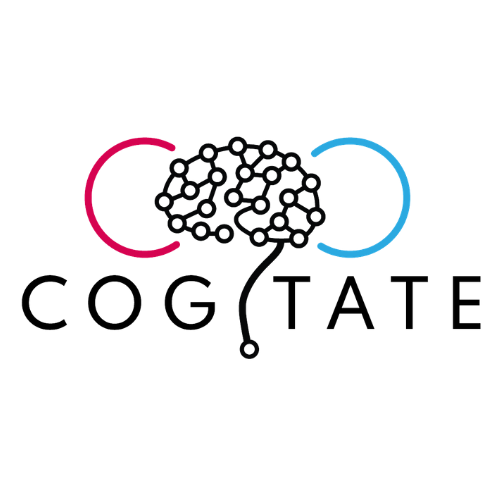
About
Every day we lose and regain consciousness as we fall asleep and wake up. Yet, we still do not know how consciousness comes about in the brain. Our long-term goal is to shed light onto this fundamental question: how does a physical system, such as the brain, support experience? As an intermediate step and with the generous support of the Templeton World Charity Foundation (TWCF), we are leading a large-scale collaboration to test two major theories of consciousness, titled:
Collaboration On GNWT and IIT:
Testing Alternative Theories of Experience
(COGITATE)
Here, we arbitrate between Global Neuronal Workspace Theory (GNWT) and Integrated Information Theory (IIT), in the framework of an open science, preregistered, adversarial collaboration. Two studies have been proposed to test contradictory predictions of the theories, anticipated outcomes and their interpretation have been agreed upon with the adversaries, i.e., Stanislas Dehaene and Giulio Tononi, and an independent panel of expert scientists are conducting the studies. We will collect 500 datasets, using three different neuroimaging modalities (fMRI, M-EEG, iEEG) and a built in replication phase. Very briefly, GNW claims that conscious processing emerges when information is globally broadcasted by a fronto-parietal network. A non-linear ‘ignition’ response involves the amplification of information and its sharing across brain areas. IIT, conversely, equates consciousness with a maximum of irreducible intrinsic cause–effect power, as determined from the intrinsic perspective of the system. It further claims that a local maximum of such power likely resides in the posterior ‘hot zone’.
If successful, this project will accelerate research on consciousness by providing decisive, field-transformative evidence in favour of one theory and against the other. Our datasets, unique in their nature, will enable further discoveries, elaborating the impact of this project in the field. Our project will also establish a groundbreaking model for scientific practices in cognitive neuroscience at large, by demonstrating the impact of team-based, adversarial research and open data to address some of the major riddles in the field, much like established practices in other fields of inquiry such as physics and genomics. Thus, this project may dramatically change the landscape of research, or the sociology of research, in the field of cognitive neuroscience.
A novel, holistic approach to making scientific progress.

COGITATE is led by
Project Partners
We have 7 labs from across the globe collecting data for the COGITATE project - two to three sites per modality - and a team dedicated to rigorous data monitoring, in order to confront issues of reliability, standardization, data quality and data management. The data will be open and shared in accordance with FAIR principles, as will the analysis code.
-
fMRI
Hal Blumenfeld (PI)
Aya Khalaf (Postdoc)New Haven, CT, USA
-
fMRI
Floris de Lange (PI)
Yamil Vidal (Postdoc)
David Richter (alumni)Amsterdam, NL
-
iEEG
Gabriel Kreiman (PI)
Marcelo Armedariz (postdoc)
David Mazumder (alumni)
Katarina Bendtz (alumni)
Boston, MA, USA -
iEEG
Simon Henin (PI)
Sasha Devore (alumni)
Alex Lepauvre (MPI - phd student)
New York City, NY, USA -
iEEG / Data Monitoring
Giulio Tononi (Adversary - IIT)
Urszula Gorska (postdoc)
Csaba Kozma (alumni)
Melanie Boly (Collaborator)Madison, WI, USA
-
M-EEG
Ole Jensen (PI)
Oscar Ferrante (Postdoc)Birmingham, UK
-
M-EEG Team
Huan Luo (PI)
Ling Liu (postdoc)Beijing, China
-
Data Monitoring
Liad Mudrik (Co-lead)
Rony Hirschhorn (PhD Candidate)Tel Aviv, Israel
-
Data Monitoring
Michael Pitts (Co-lead)
Portland, OR, USA
-
Adversary
Data Monitoring TeamStanislas Dehaene (Adversary)
Gif-sur-Yvette, France
-
Data Architecture
Niccolò Bonacchi (PI)
Jorge Alcario (Software Engineer)Lisbon, PT


